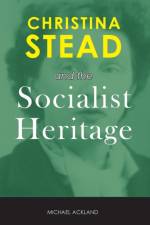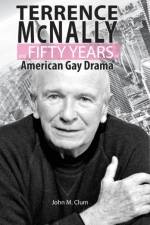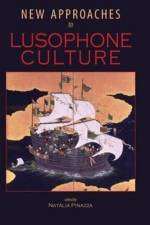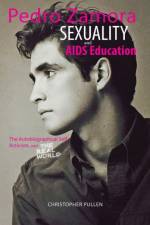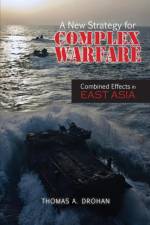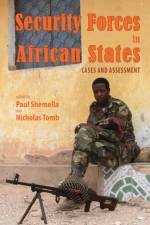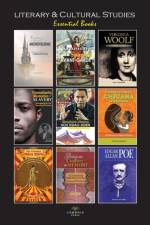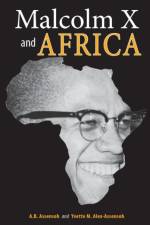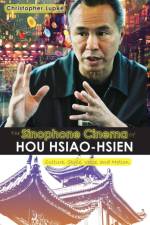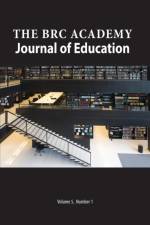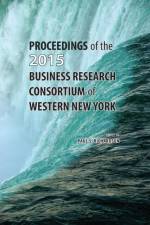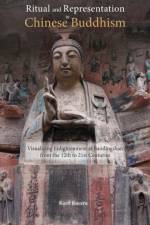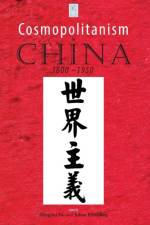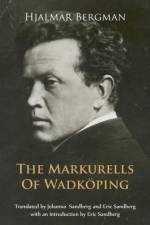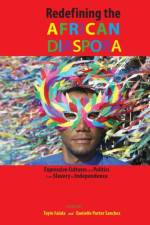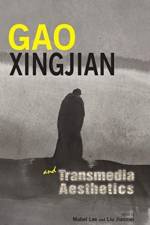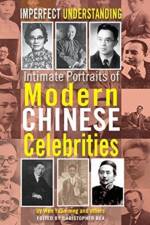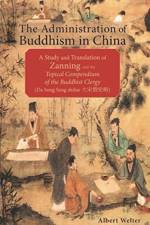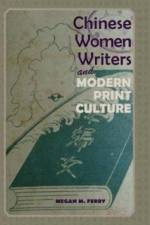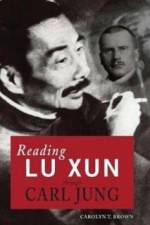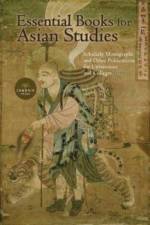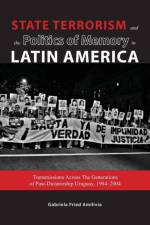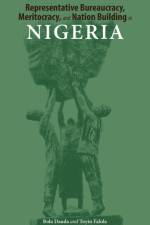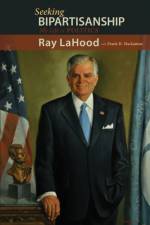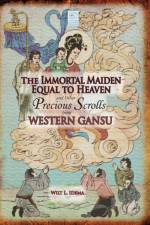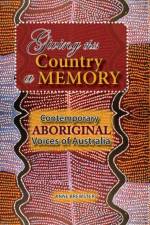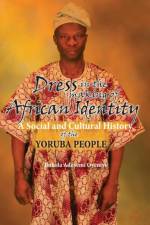von Mabel Lee
133,00 €
When Gao Xingjian was proclaimed Nobel Laureate of Literature in 2000, it drew attention to his significant body of literary works that included a collection of short stories, titled Buying a Fishing Rod for my Grandfather (1989), two autobiographical novels titled Soul Mountain (1990) and One Man s Bible (1999), as well as seventeen plays, three of which when performed in Beijing in the early 1980s, had turned him into an instant celebrity, not just in China, but internationally. His plays Absolute Signal (1982), Bus Stop (1983), and Wild Man (1986) were well known in the English- speaking world soon after their publication in Chinese. However, when his next play, The Other Shore (1986), was banned after a few rehearsals, he relocated to Paris in 1987. His play Escape (1990) about the 4 June 1989 military crackdown on student protesters in Tiananmen Square, resulted in a virtual ban on his writings, which could no longer be published, sold, or performed in the People s Republic of China. This meant that both the author and his works had been airbrushed out of existence, and that Gao Xingjian research would find it impossible to take root in China. Gifted with extraordinary artistic sensibilities and boundless curiosity, Gao was born in Republican China in 1940 into a cosmopolitan family environment and established precocious reading habits from an early age. His formal education began after the establishment of the People s Republic of China in 1949, and he subsequently enrolled in a five-year French course at the Foreign Languages Institute in Beijing (1957 1962), where he read widely on modern and contemporary French authors, European writings in French translation, and also in premodern Chinese writings. Such writings were all banned beyond the walls of the Institute library, and Gao s prolific reading would inform what he began to write in secret for his personal enjoyment, because what he wrote clearly failed to conform with the national guidelines for cultural production. Mao Zedong s experiment in social engineering during the Cultural Revolution (1966 1976) meant the negation of the individual and the extolling of mass ideology. Gao survived by writing in secret to remind himself that he had a conscious thinking self. Years later he distinguished himself in China and the rest of the world for his innovative fiction, plays, theatre, and Chinese ink paintings. Since Gao Xingjian s Nobel win in 2000 he has demonstrated his profound erudition across cultures in his creative explorations in literature and the visual arts. His intense intellectual curiosity can seldom be matched by his contemporaries, and his creative achievements in literature, the dramatic arts, painting, and film have been extraordinary, and have been reflected in his aesthetic treatises on art and literature. English-language publications have been in the forefront of Gao Xingjian research since the 1980s, and this book fills a Gao Xingjian research hiatus simply because it is hard to keep abreast of his stridently innovative creations. This volume brings readers up to date on Gao Xingjian, who is probably in this age of uncertainties, one of the foremost aesthetes in literature and the visual arts. Gao Xingjian and Transmedia Aesthetics demonstrates the extensive reach of Gao Xingjian s transcultural, transdisciplinary and transmedia explorations. Showcased here is the panoramic aesthetics of a polymath who has successfully personified modern-time renaissance by projecting the struggles of the individual s inner landscape into vivid images on stage, film, black-and-white paintings, and in the multilayered narrative expressions of fiction and poetry, even dance and music, to evoke a sense of sincerity and authenticity that penetrates a viewer/reader s heart. The volume is divided into four parts: philosophical inquiry; transdiscipline, transgenre, transculture; cine-poems with paintings, dance and music; and identifying and defining the self. The chapters probe different aspects of Gao Xingjian s work, bearing testimony to their diverse specializations. This book will appeal to Chinese literature scholars, undergraduate and graduate students, and general readers with an interest in the broad subjects of contemporary Chinese literature, high arts, avant-garde culture, women s and gender studies, Sinophone film and transmedia culture, comparative literature, and cultural studies.

